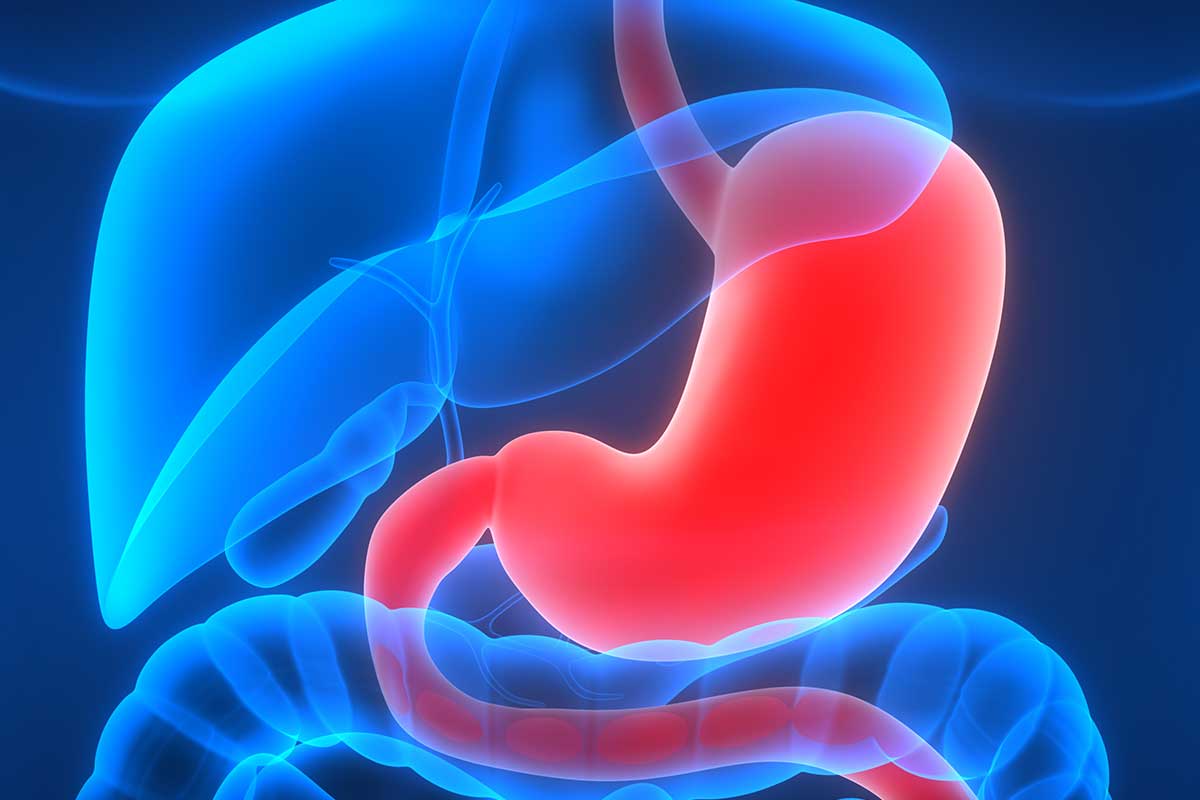
13
Jan
How do doctors know if you have stomach cancer?

It can be very frightening to think about the possibility of having stomach cancer. However, it’s important to remember that stomach cancer is relatively rare, and there are many other more common causes of stomach problems. Still, if you have any symptoms that could be related to stomach cancer, it’s important to see a doctor so that the cause can be diagnosed and treated, if necessary.
How do doctors know if you have stomach cancer?
If you have symptoms that could be related to stomach cancer, your doctor will likely order one or more tests. These tests can help to rule out other conditions and confirm a diagnosis of stomach cancer.
There are a few different ways that stomach doctors can diagnose stomach cancer. The most common method is to perform an upper endoscopy. During this procedure, a thin, flexible tube with a camera is inserted through the mouth and down the throat. The camera allows the doctor to get a close look at the inside of the stomach. If any suspicious areas are found, a biopsy can be performed to confirm the diagnosis.
Other tests that may be used to diagnose stomach cancer include:
- CT scan – a series of X-rays are taken to create a detailed image of the stomach and nearby organs.
- MRI – a powerful magnetic field and radio waves are used to create a detailed image of the stomach.
- Biopsy – a sample of tissue is taken from the stomach and examined under a microscope.
Once stomach cancer is diagnosed, additional tests may be done to determine the stage of the cancer. This is important because it can help to guide treatment decisions.
Our Locations
What is stomach cancer?
Stomach cancer, also known as gastric cancer, is a type of cancer that develops in the stomach. The stomach is a muscular, sac-like organ that is part of the digestive system. It is located in the upper abdomen, just below the ribs. The stomach has three main functions:
- To store food that has been eaten
- To begin the process of digestion
- To kill bacteria and other harmful microorganisms
Cancer occurs when the cells in the body begin to grow out of control. Stomach cancer can develop in any part of the stomach, but it most commonly starts in the cells that line the stomach.
What are the symptoms of stomach cancer?
The symptoms of stomach cancer can vary depending on the size and location of the tumor. They may also depend on whether the cancer has spread to other parts of the body. Common symptoms of stomach cancer include:
- Abdominal pain
- Bloating
- Indigestion
- Heartburn
- Nausea
- Loss of appetite
- Weight loss
- Fatigue
- Anemia
- Blood in the stool
These symptoms can also be caused by other conditions, so it’s important to see a doctor if you’re experiencing any of them.
What are the stages of stomach cancer?
Once stomach cancer is diagnosed, the next step is to determine the stage, or how far the cancer has spread. Staging is important because it helps guide treatment decisions. There are four main stages of stomach cancer:
- Stage I: The cancer is limited to the mucosal layer of the stomach.
- Stage II: The cancer has spread to the submucosal layer.
- Stage III: The cancer has spread to the muscularis propria layer.
- Stage IV: The cancer has spread beyond the stomach to other organs.
How is stomach cancer treated?
The treatment for stomach cancer will depend on a few different factors, including the stage of the cancer, the location of the cancer, and the overall health of the patient. The most common treatments for stomach cancer are surgery, chemotherapy, and radiation.
Surgery is the most common treatment for stomach cancer. The type of surgery will depend on the stage of the cancer. For early-stage stomach cancer, a surgery called a partial gastrectomy may be performed. This surgery involves removing part of the stomach. For more advanced stomach cancer, a surgery called a total gastrectomy may be necessary. This surgery involves removing the entire stomach.
Chemotherapy is a type of cancer treatment that uses drugs to kill cancer cells. Chemotherapy can be given before or after surgery. Radiation therapy is another type of cancer treatment that uses high-energy beams to kill cancer cells. Radiation therapy can also be given before or after surgery.
You may be interested in: When to go to the doctor for stomach flu
What are the side effects of stomach cancer treatment?
The side effects of stomach cancer treatment will depend on the type of treatment that is used. Surgery, chemotherapy, and radiation can all cause side effects. Some of the most common side effects of stomach cancer treatment include:
- Nausea and vomiting
- Diarrhea
- Constipation
- Fatigue
- Pain
- Weight loss
- Anemia
These side effects can be mild or severe. Some of them may go away on their own, while others may require treatment. Talk to your doctor about the side effects you are experiencing and how to best manage them.
What is the prognosis for stomach cancer?
The prognosis for stomach cancer depends on a number of factors, including the stage of the cancer, the location of the cancer, and the overall health of the patient. The five-year survival rate for stomach cancer is 31 percent. The ten-year survival rate is 11 percent. These numbers are only estimates and may not apply to everyone.
If you have been diagnosed with stomach cancer, talk to your doctor about your treatment options and what you can expect.

